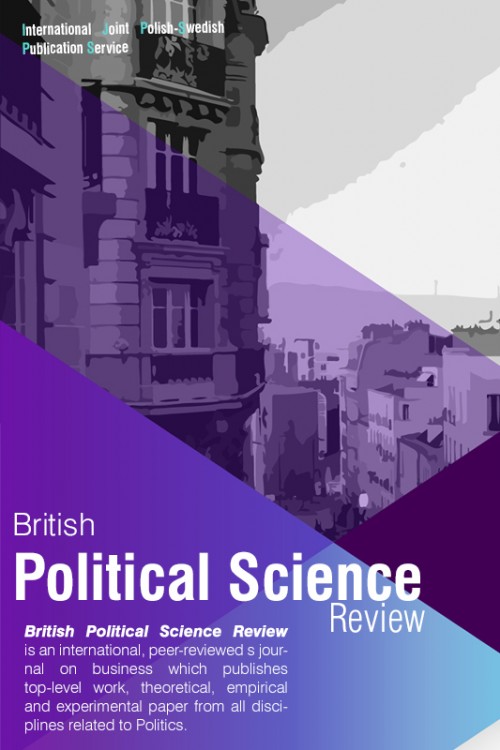
The Relation between Truth and Politics: A Neo-Pragmatist Reading
Abstract
The idea of pragmatic truth in Richard Rorty's thought is an alternative method to search for the truth, not in a way that the western philosophical tradition has dealt with heretofore. In examining the notion of truth, Rorty's pragmatic approach contrast with the two narratives raised in western philosophical thought: on the one hand, with Platonic-Cartesian tradition, in which reality is interpreted as a metaphysical matter; and on the other hand, with post-modernist narrative who believes in the deconstruction of truth and claims of the relativity of truth. To find an answer to the question: What are the proportions and consequences of the established relation between truth and politics in Rorty’s political thought? the authors formulate the hypothesis that "the connection established between truth and politics in Rorty's thought, leads to innovate a politics relying on social hope, based on the thesis of priority of democracy over philosophy". Accordingly, efforts have been made, by analyzing the pattern of pragmatic truth posed by Rorty, to show that this pattern is a continuation of the same concept of truth in William James and John Dewey's pragmatic tradition in the form of the linguistic turn. Also, it is characterized by an emphasis on solidarity, versus what Rorty calls the “will of objectivity”. While this version is not without any claim of objectivity and avoids falling into the trap of relativism, considers a concept that practically, is useful to meet pragmatically the objectives and solve political problems.